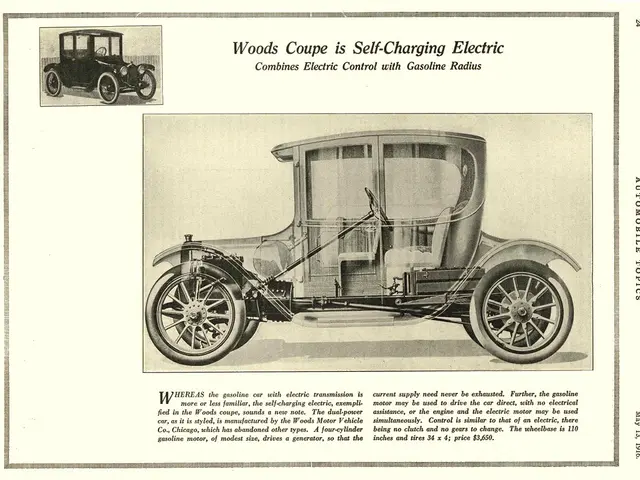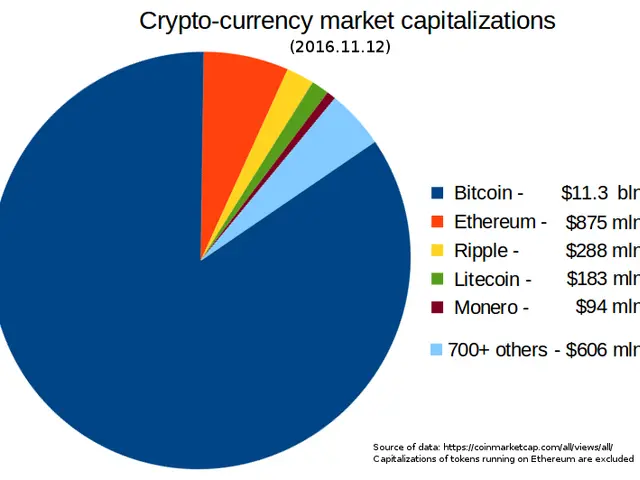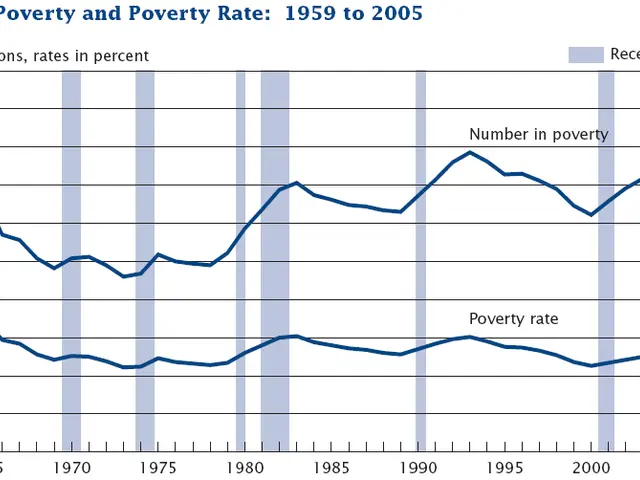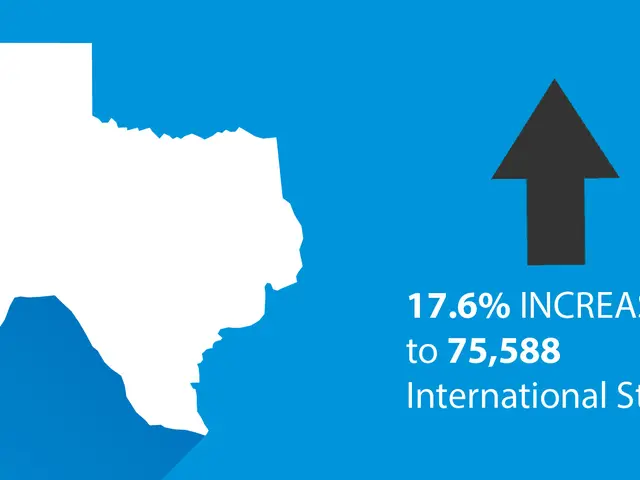Volkswagen's Wage Agreement: A Familiar Pattern of Shortcomings
By Heidi Rohde, adapted and revised for a straightforward, conversational tone
Volkswagen grapples with short lifespan issue
Let's talk about the latest wage agreement at Volkswagen (VW) - it follows a regrettable tradition. Instead of tackling the core problems, management pulls off an old trick: buy time with a casual compromise.
In these wage negotiations, it's typical for both parties to leave feeling like they've won. The deal cut just before Christmas, though, feels like a disappointment, even with some pleasing window dressing. No plant closures, no layoffs due to operational reasons, yet savings are still expected with a wage freeze until 2027 and job reductions of around 35,000—a classic VW deal. But it'd be less disheartening if things were looking up for the company. Sadly, only cosmetics are being served at VW.
Insights
Financially, VW is grappling with mounting challenges, including considerably lower profits and other impactful factors. In terms of employment, specifics about the aforementioned wage agreement are scarce, but financial pressures could lead to changes in hiring practices and wages.
Ongoing Financial Struggles
Latest figures show a significant decline in Volkswagen Group's profits, amounting to a 40% drop compared to the same time last year. This downward trend has been partly attributed to the increased sales of electric vehicles, which generally have slimmer profit margins than traditional gasoline-powered cars.
In the first quarter of 2025, the group's operating result was estimated to be around €2.8 billion, a drop from €4.6 billion in the same period the previous year. Special effects, such as accounting charges, accounted for approximately €1.1 billion of that drop. Despite these challenges, Volkswagen's sales revenue managed to grow by about 3% year-over-year, reaching about €78 billion. This encouraging gain was largely due to stronger sales outside China.
The outlook for the full year of 2025 anticipates an operating return on sales of between 5.5% and 6.5%, excluding potential impacts from newly announced tariffs. However, Volkswagen Financial Services AG's outlook was recently revised to negative by Fitch, with its IDR held steady at 'A-', suggesting some financial instability concerns.
Restructuring and adjusting to market volatility might lead to workforce changes, such as adjusting training programs and staffing needs. Given these circumstances, Volkswagen will have to carefully balance its workforce and spending to remain competitive while navigating industry shifts.
- The latest wage agreement at Volkswagen (VW) follows a pattern of shortcomings, as management resorts to casual compromises rather than addressing core problems.
- Despite the wage freeze until 2027 and job reductions of around 35,000, the company's financial struggles are evident, with a significant drop in profits and mounting challenges.
- From a financial perspective, Volkswagen is grappling with impactful factors, including lowered profits due to increased sales of electric vehicles, which have slimmer profit margins.
- In the automotive industry, Volkswagen's finance sector, Volkswagen Financial Services AG, has faced some financial instability concerns, evidenced by Fitch's revised outlook to negative.
- Considering the ongoing financial struggles, restructuring, and market volatility, Volkswagen will need to carefully balance its workforce and spending to remain competitive in the transportation and automotive industry.








